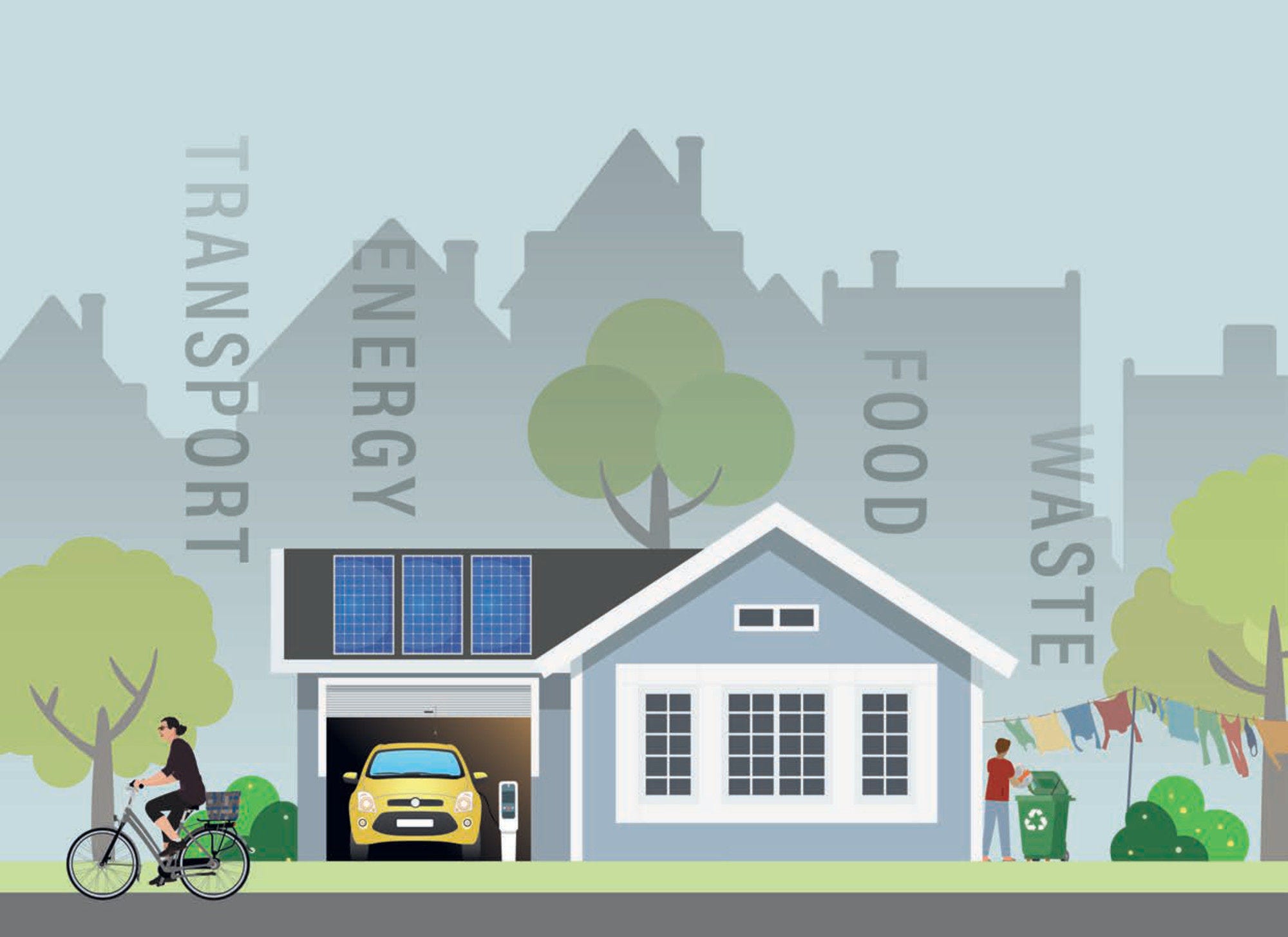Virtually all household choices – ranging from daily routines, such as what to eat and how to get to work, to less frequent decisions, like how to heat our homes and whether to buy a car – affect the climate and the environment. While the potential for individual and household choices to reduce environmental impacts is clear, the increasing urgency of climate change and other environmental crises illustrates the challenge governments face in fulfilling this potential.
In 2022, the OECD undertook the third round of the Survey on Environmental Policies and Individual Behaviour Change (EPIC), building on previous rounds in 2008 and 2011. This third round came at a time of interlocking global crises, including the COVID-19 pandemic, geo-political tensions and tumultuous energy and commodity markets. Concurrently, the urgency of action to address climate change and broader environmental challenges underlines the importance of an enhanced understanding of household behaviour and the barriers to making more sustainable choices. With comparable data on household environmental behaviour across nine countries and four thematic areas (energy use, transport, waste practices and food consumption), the EPIC Survey provides unique insights into the drivers of these choices and the measures governments can put in place to overcome the barriers identified.
This report, How Green is Household Behaviour? Sustainable Choices in a Time of Interlocking Crises, provides an overview of the results from the 2022 survey. It highlights the importance of making environmentally sustainable choices available and achievable for consumers. This includes, for example, options for households to choose renewably generated electricity or to easily charge electric vehicle batteries. Equally, it is important to ensure that the more environmentally sustainable alternatives are not just confined to some segments of the population, such as higher-income households, homeowners and those living in detached housing, but also for lower-income households, tenants and those living in apartment buildings. The reported high levels of support for many types of policies should be leveraged to advance environmental objectives.
The report provides an important point of departure for pursuing future work to examine the drivers of individual choices and the role of economic and policy conditions in supporting behaviour change. It is my hope that the findings presented in this report will serve as a key reference for policy makers as they develop and implement policies and infrastructure that will enable more sustainable consumer choices.

Jo Tyndall
Director
OECD – Environment Directorate
